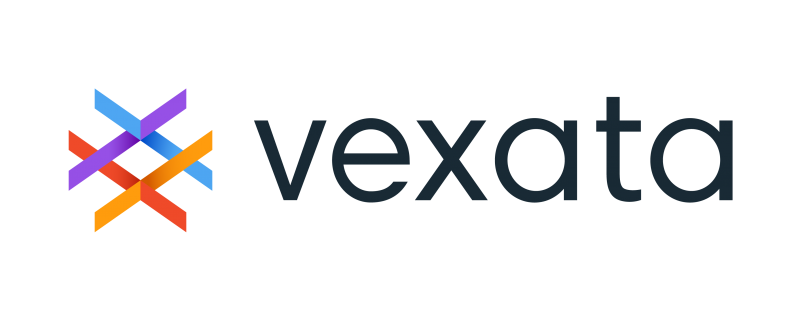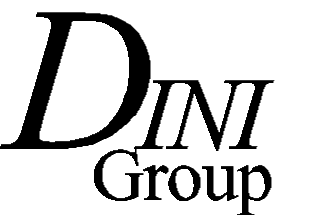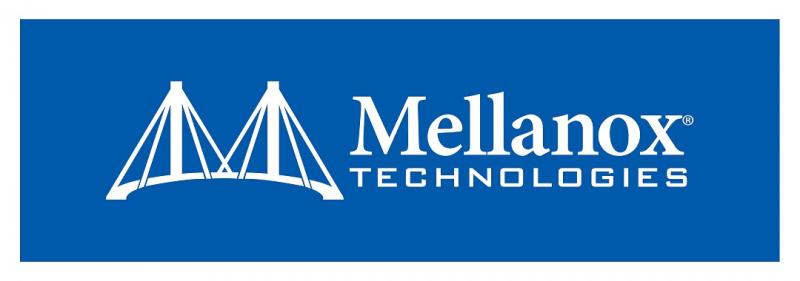STAC Summit, 29 Oct 2018, NYC
STAC Summits bring together industry leaders in architecture, app dev, infrastructure
engineering, and operational intelligence to discuss important technical challenges in
the finance industry. Come to hear leading ideas and exchange views with your peers.
WHERE
New York Marriott Marquis, 1535 Broadway, New York
Astor Ballroom
Agenda
Click on the session titles to view the slides.
 Big Compute
Big Compute
 Fast Compute
Fast Compute
 Big Data
Big Data
 Fast Data
Fast Data
Python for Data Science and Machine Learning: Where are things headed?  |
|
|
Over the last two decades, Travis has authored and/or directed the teams for several popular Python tools for data science, including NumPy, SciPy, Numba, Dask, JupyterLab, and Ananconda. Today he and his colleagues spend their time at Quansight creating new tools while helping organizations leverage the Python ecosystem to improve their data science, machine-learning (ML), and "Augmented Intelligence" (AI) processes. In this talk, Travis will provide his points of view (and take your questions) on key issues facing trading and investment firms using Python, including its relation to other languages in common use like R, Scala, and Julia. Which approaches to ML and AI on Python have the most traction and future? Which Python tools are best suited to which challenges? How far can you take a notebook like Jupyter today and in the near future? What is the future of Julia and R in a Python-based enterprise? What is the state and future of Python on accelerators like GPUs and FPGAs? |
Update on Big Workloads  |
|
|
Peter will present the latest benchmark results for big data workloads like tick analytics and big compute workloads like derivatives valuation. |
Benchmarking the value drivers of ML solutions  |
|
|
It's a non-trivial challenge to benchmark machine-learning techniques and technologies in a way that captures the key elements that are important to decision makers in a business. Investment managers and trading desks care about many things beyond raw performance, such as model quality, time to market, and cost. In this talk, Michel will use early test results from a common text-processing use case in finance to illustrate a general framework for ML benchmarks that can be applied by financial firms and technology vendors (oh, and by benchmarking firms). |
STAC Update on Cloud  |
|
|
Peter will provide an update on the STAC Cloud Special Interest Group SIG, a group of financial firms and vendors focused on improving assessments and dialog relating to public, private, and hybrid cloud solutions. |
Panels: Cloud leaders go face to face and back to back    |
|
|
Public and private cloud platforms are a growing part of life on Wall Street. We will survey the current cloud situation through two unscripted, back-to-back discussion panels from different perspectives. | |
Three leaders from different types of financial firms will offer lessons learned from their cloud experiences so far; how cloud is playing into the relationship between IT, analytics, and dev groups; how cloud influences their infrastructure strategies for high-performance analytics; and what they would like to see from the vendor ecosystems for public and private cloud. |
|
Prominent vendors from the cloud ecosystem will respond to the customer perspectives while providing their own points of view and offering thoughts on what customers can do to get the most out of the cloud technologies that are available. |
“Different” doesn’t mean “Difficult”: FPGA programming demystified    |
|
|
FPGAs are emerging in more and more places as a way to accelerate a wide range of workloads, including financial analytics. Unlike traditional processing devices such as CPUs and GPUs, FPGAs are not instruction set machines with fixed architectures. Instead, FPGAs enable developers to create custom architectures optimized for specific workloads. To take advantage of this flexibility, developers must approach FPGA programming differently. But as Thomas puts it, “different” doesn’t necessarily mean “difficult”. He will argue that FPGA programming is well within the reach of most software programmers, thanks to familiar languages such as C, C++, and OpenCL. The critical thing, according to Thomas, is understanding instruction-level, data-level, and task-level parallelism, along with the dataflow paradigm. In this talk, he will detail how new software-like development flows are making FPGA acceleration accessible to a much wider audience. |
Is FPGA acceleration of financial analytics viable?    |
|
|
FPGA technology has traditionally required custom hardware design and development in RTL. But according to panelists at the STAC Summits last spring, hardware and software is now available to ease creation of FPGA-accelerated algorithms and to deploy them quickly in the datacenter. The question is: are these new products up to the challenging demands of financial analytics? In this talk, Mutema will discuss what kinds of workload make good targets for FPGA and present recent case studies where FPGA acceleration has been used for financial applications. While the main focus of these cases is the acceleration achieved, Mutema will also discuss other key attributes such as scaling and ease of use. |
STAC Update: Fast Data |
|
|
Peter will discuss the latest research and Council activities related to low-latency/high-throughput realtime workloads, including time synchronization. |
Rethinking networks in finance |
|
|
In 2013, Dave Snowdon helped launch Metamako to deliver network hardware solutions to the ultra-low latency market. Five years and many plane trips from Sydney later, Dave and the Metamako team became part of Arista. In this talk, Dave will catch his breath and consider the big picture of networks in financial services enterprises. How do recent business and regulatory trends affect customer requirements around networking? What potential synergies exist between front-office and back-office networks? Dave will offer some opinions on these questions and take more from you. |
Plain old PTP: Better than you think? |
|
|
It is not uncommon to hear that 1PPS doesn't scale well and PTP doesn't give sufficient accuracy for low-latency trading. The implication is that organizations who need scalable distribution of ultra-accurate time need to look beyond these two protocols. Matt has a different view. In particular, he contends that much of criticism lumped on PTP has to do with poor network implementations rather than anything fundamental to do with the protocol. Matt will argue that a well-designed PTP network can deliver time that is accurate to a nanosecond, uses familiar networking components and off-the-shelf (open source) software, and scales well too. In this talk, he will provide both theoretical and empirical evidence to back up this claim. Come to see if Matt can change your views about plain old PTP. |
Cryptotrading: The good, bad, and weird    |
|
Institutional trading and investment firms are taking cryptocurrencies very seriously. Even after the recent bubble burst, the top 100 cryptocurrencies reportedly have a total value of 187 billion dollars. The excitement is pulling many firms in from the sidelines. According to one report, over the last two years the number of hedge funds in crypto has gone from 20 to 287. But with the excitement comes challenges. There's significant regulatory uncertainty. Crypto markets work differently from other markets. And while the blockchain technology underlying cryptocurrencies is quite advanced, the technology used to trade them can be woefully inappropriate. Our expert panel will discuss the current situation, including: How do market structures differ from other assets? What it’s like to trade on crypto exchanges, and how do the technologies differ? What directions could or should crypto trading technology take? What role are traditional exchanges playing and how could they be more helpful? How could potential market innovations or regulatory decisions impact technology directions? |
About STAC Events & Meetings
STAC events bring together CTOs and other industry leaders responsible for solution architecture, infrastructure engineering, application development, machine learning/deep learning engineering, data engineering, and operational intelligence to discuss important technical challenges in financial services.
 |
 |
 |
|---|---|---|
Event Resources
Speakers
 Travis OliphantQuansight
Travis OliphantQuansight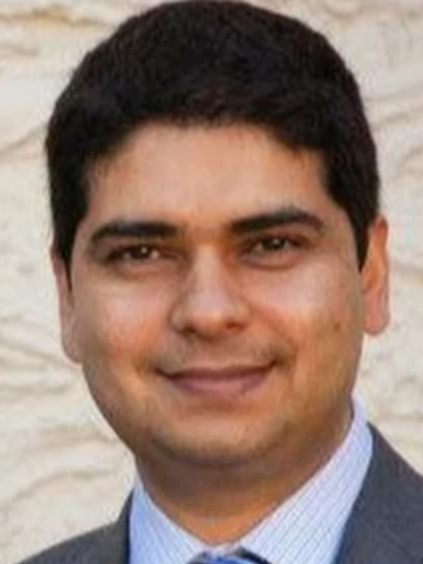 Amit KaushikBlockseed Investments
Amit KaushikBlockseed Investments
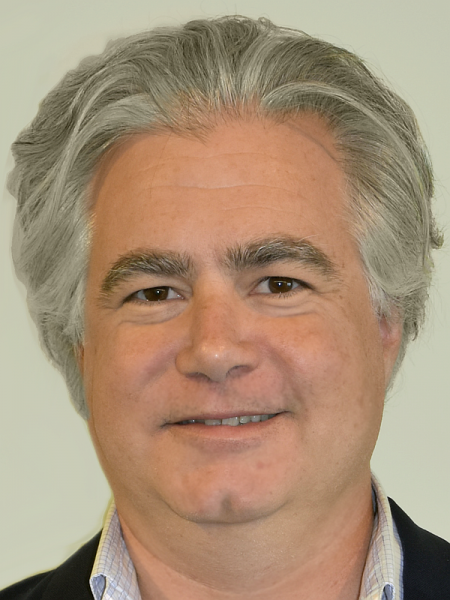 Paul FamighettiCumberland/DRW
Paul FamighettiCumberland/DRW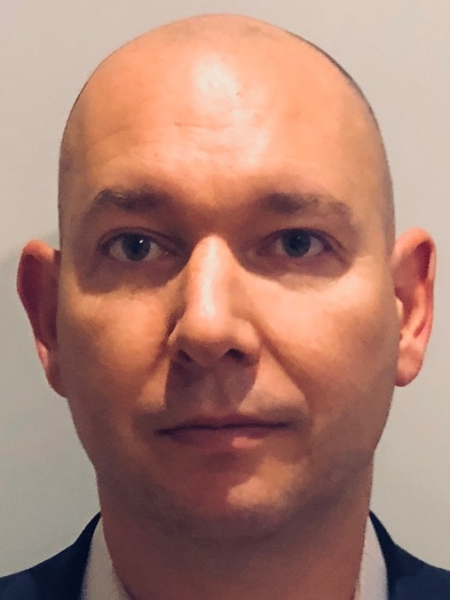 Brad VopniHudson River Trading
Brad VopniHudson River Trading
 Michael RecceNeuberger Berman
Michael RecceNeuberger Berman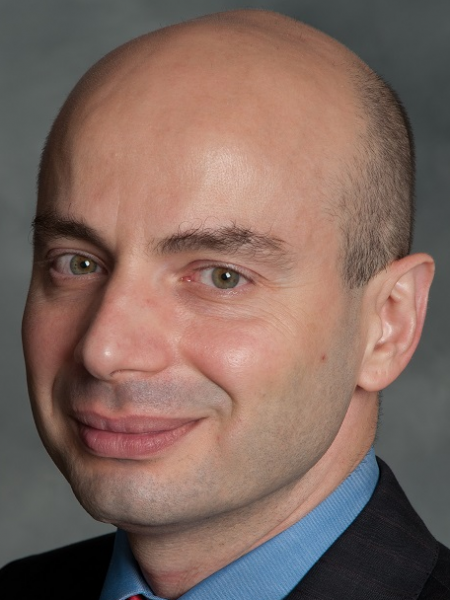 Luigi MerconeBNY Mellon
Luigi MerconeBNY Mellon
 Michel DebicheSTAC
Michel DebicheSTAC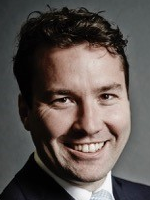 Dr. David SnowdonArista
Dr. David SnowdonArista
 John KissaneArista
John KissaneArista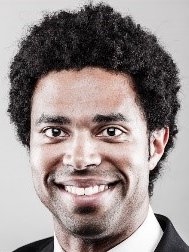 Mutema PittmanIntel
Mutema PittmanIntel
 Manoj SuvarnaHPE
Manoj SuvarnaHPE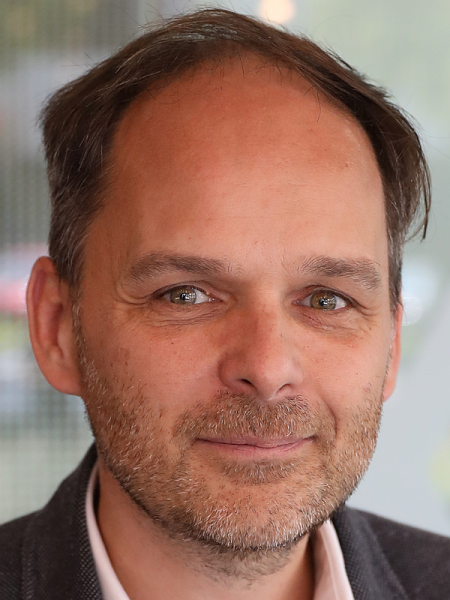 Thomas BollaertXilinx
Thomas BollaertXilinx
 Chase BoyleZayo Group
Chase BoyleZayo Group Derek GillespieZayo Group
Derek GillespieZayo Group
 Eddie PugmireGoogle
Eddie PugmireGoogle Dr. Matthew GrosvenorExablaze
Dr. Matthew GrosvenorExablaze
 Hollis BeallAxellio
Hollis BeallAxellio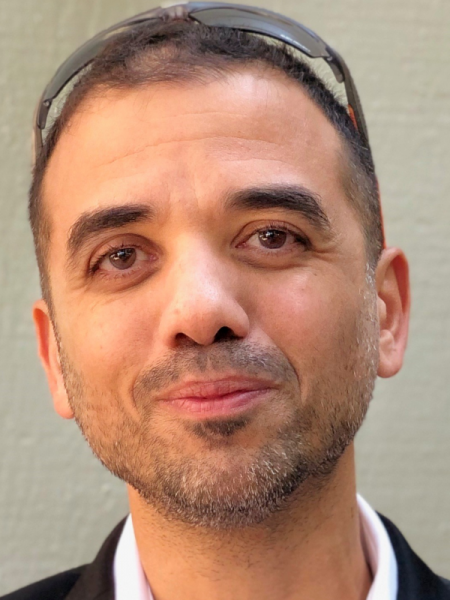 Shimon Ben DavidWeka.IO
Shimon Ben DavidWeka.IO
 Rick WalsworthVexata
Rick WalsworthVexata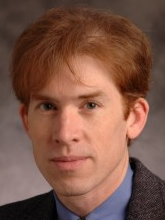 John LockwoodAlgo-Logic
John LockwoodAlgo-Logic
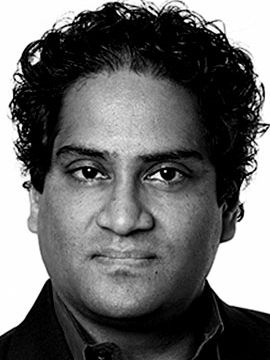 Roop GangulyBigstream
Roop GangulyBigstream Laurent de BarryEnyx
Laurent de BarryEnyx
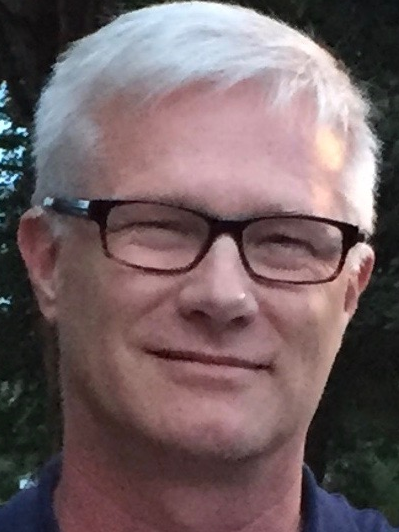 Matt MeinelLevyx
Matt MeinelLevyx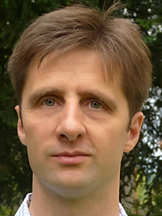 Olivier BaetzNovaSparks
Olivier BaetzNovaSparks
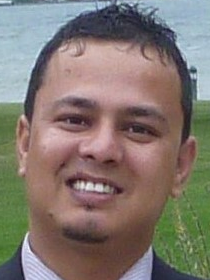 Pritam KandelOrolia
Pritam KandelOrolia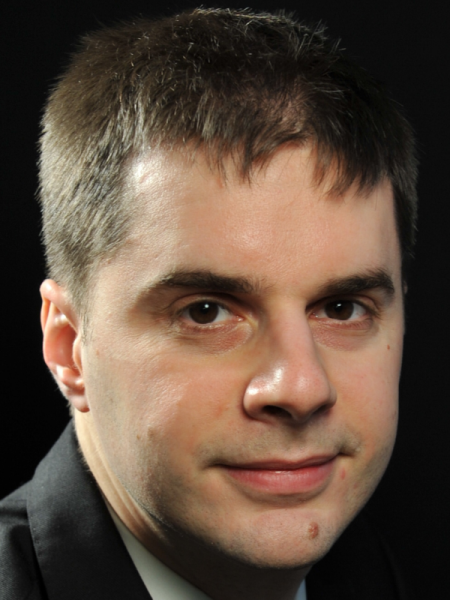 Edouard AlligandQuasarDB
Edouard AlligandQuasarDB


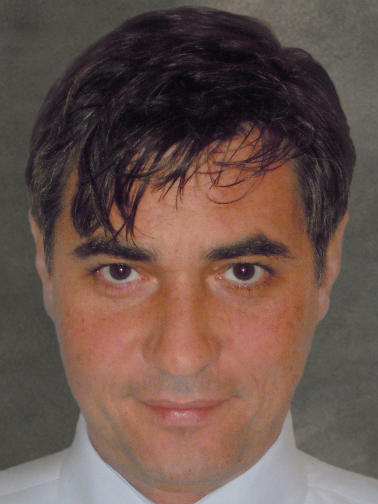 Davor FrankSolarflare
Davor FrankSolarflare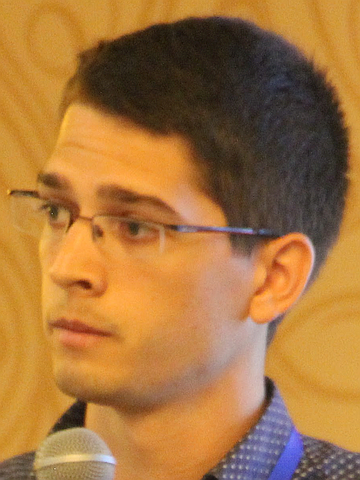 Francisco GirelaSeven Solutions
Francisco GirelaSeven Solutions Joel SehrSQream Technologies
Joel SehrSQream Technologies Peter LankfordSTAC
Peter LankfordSTAC







